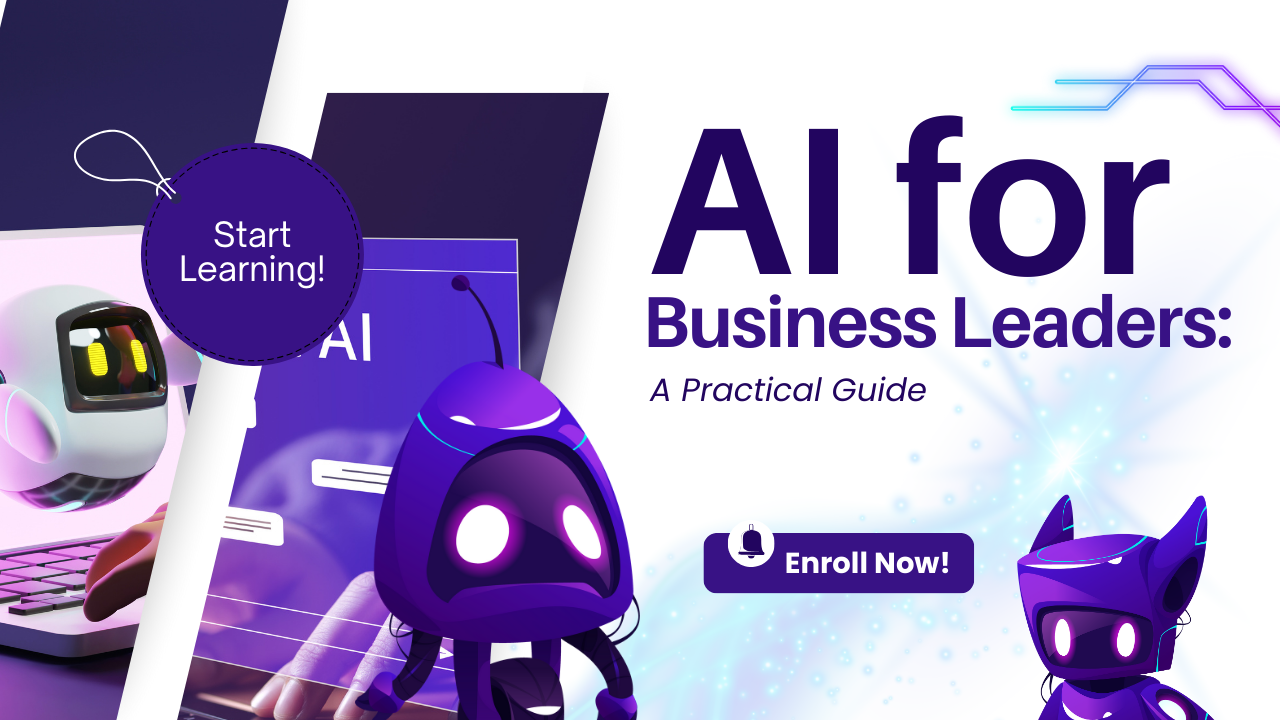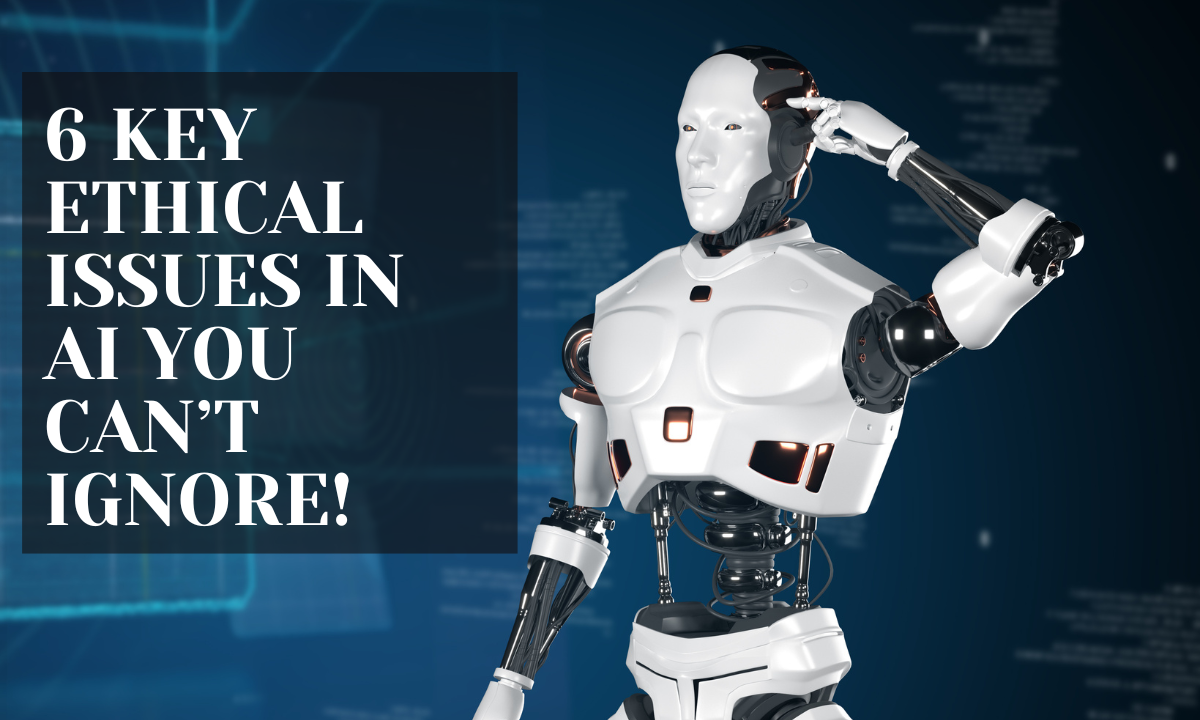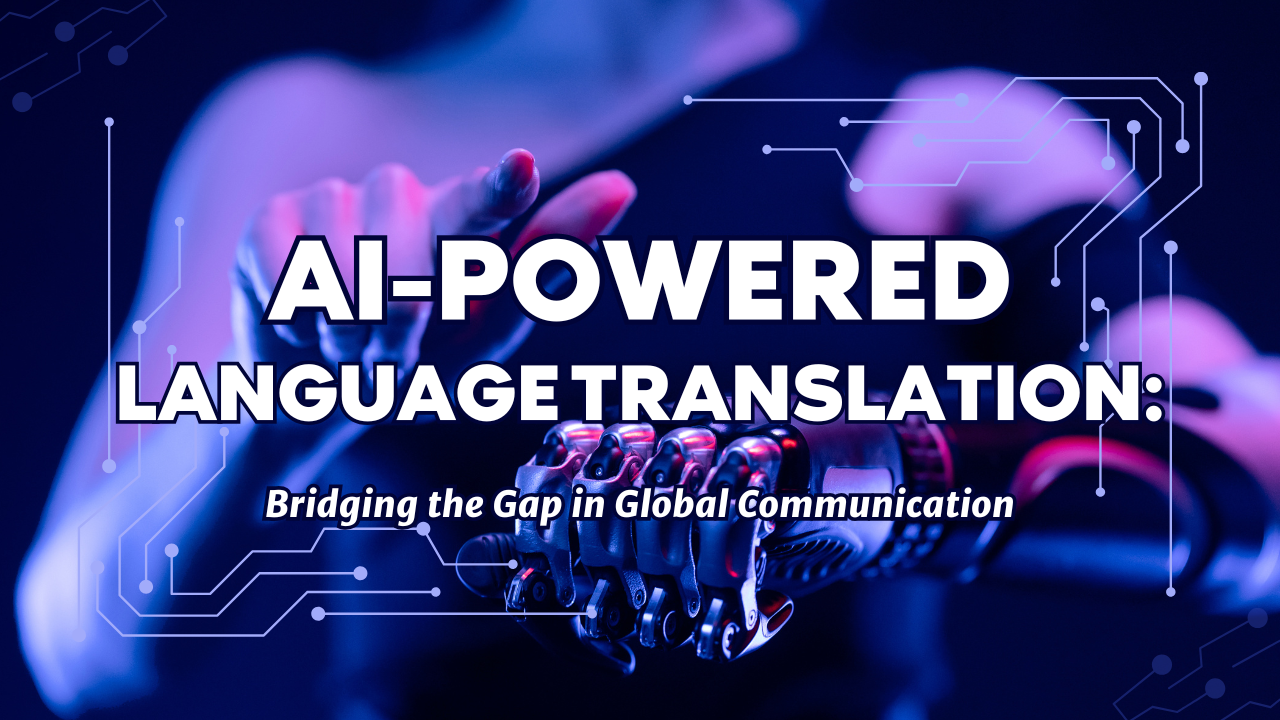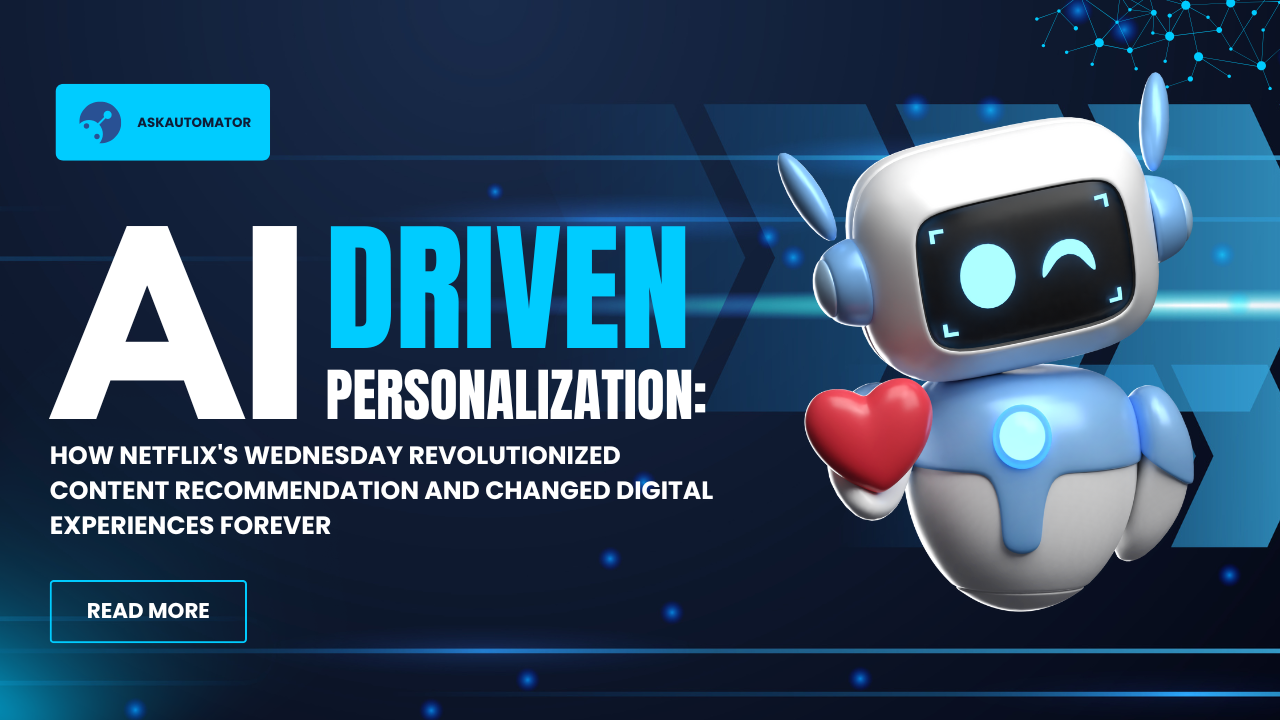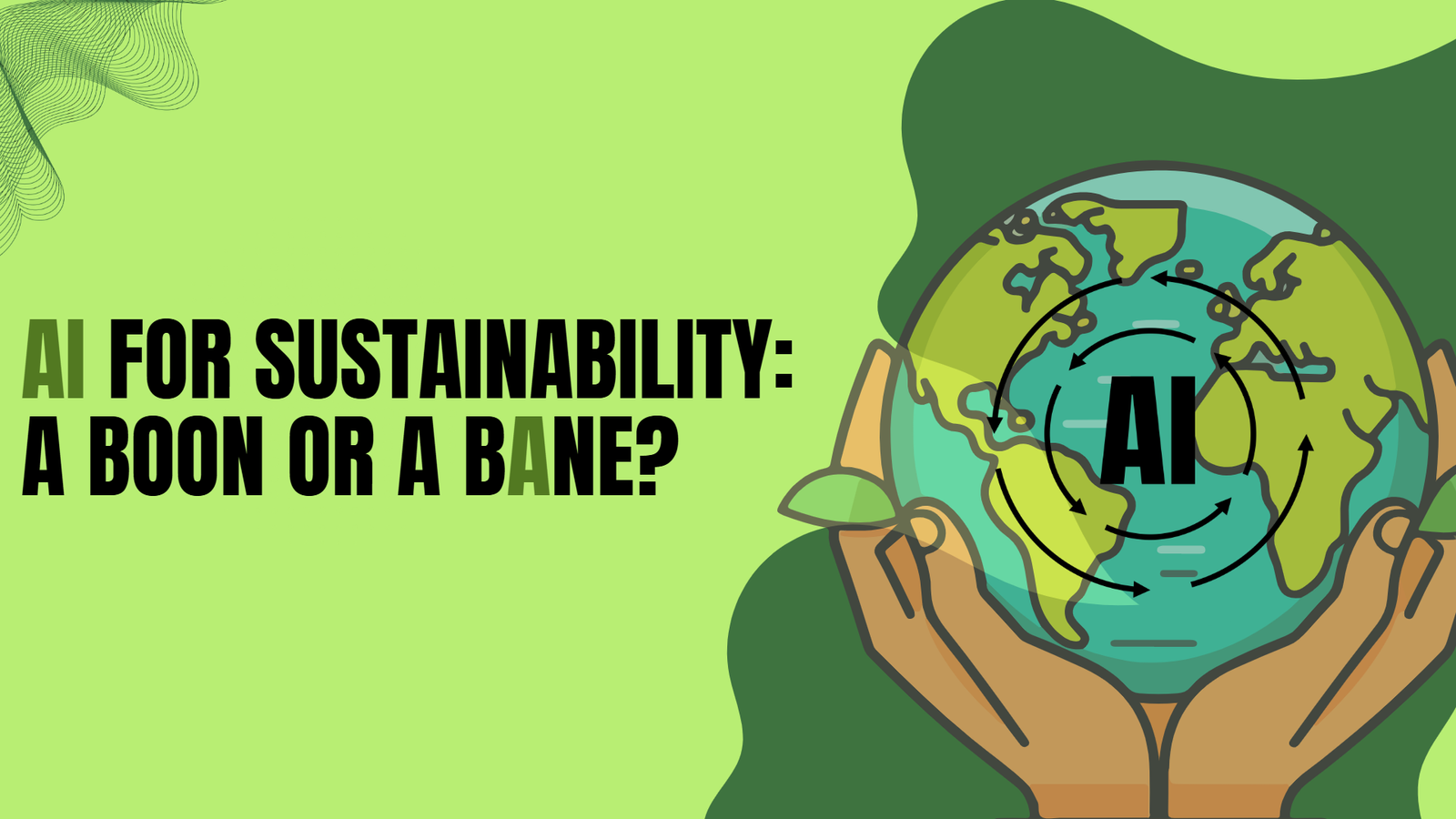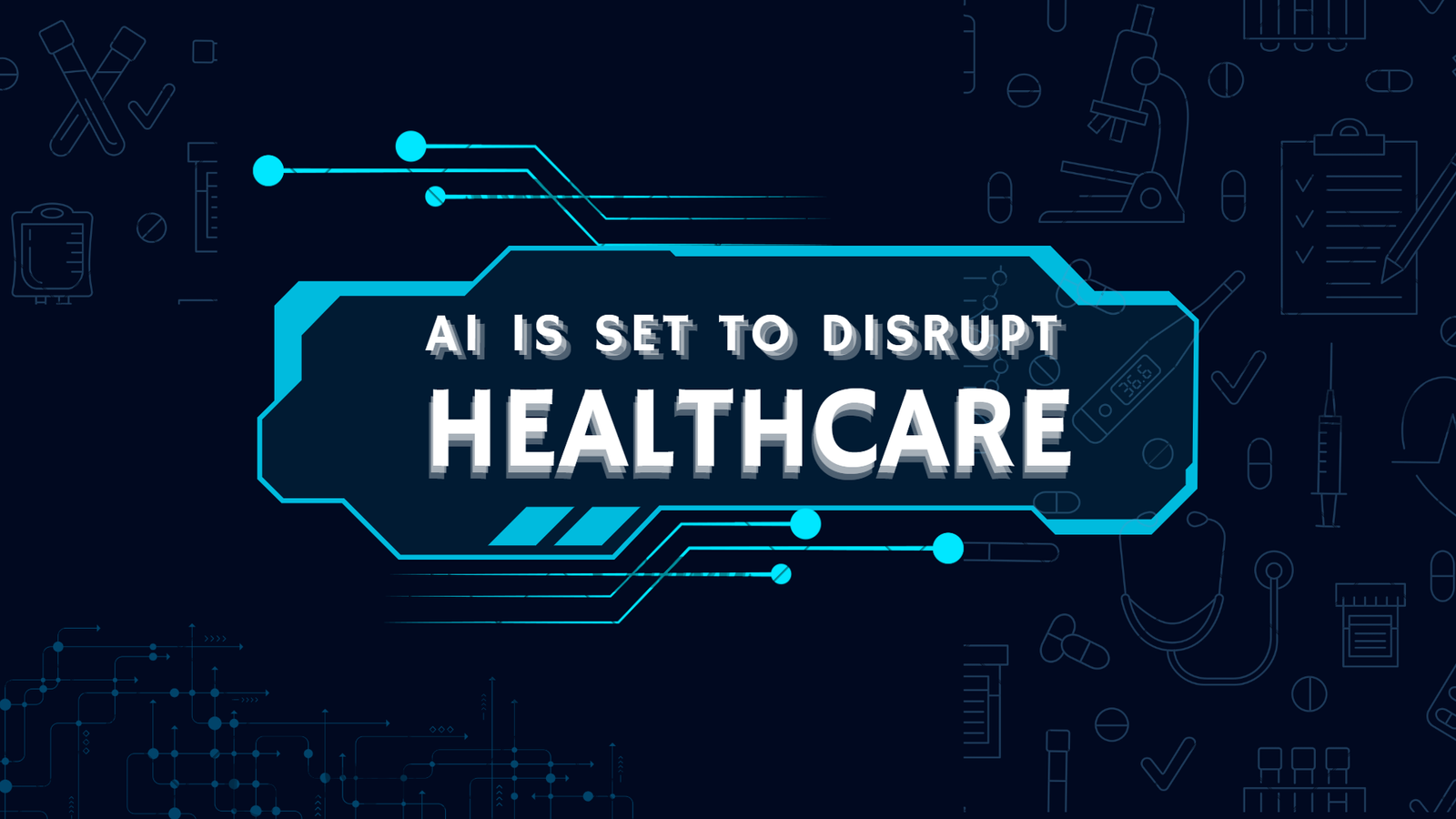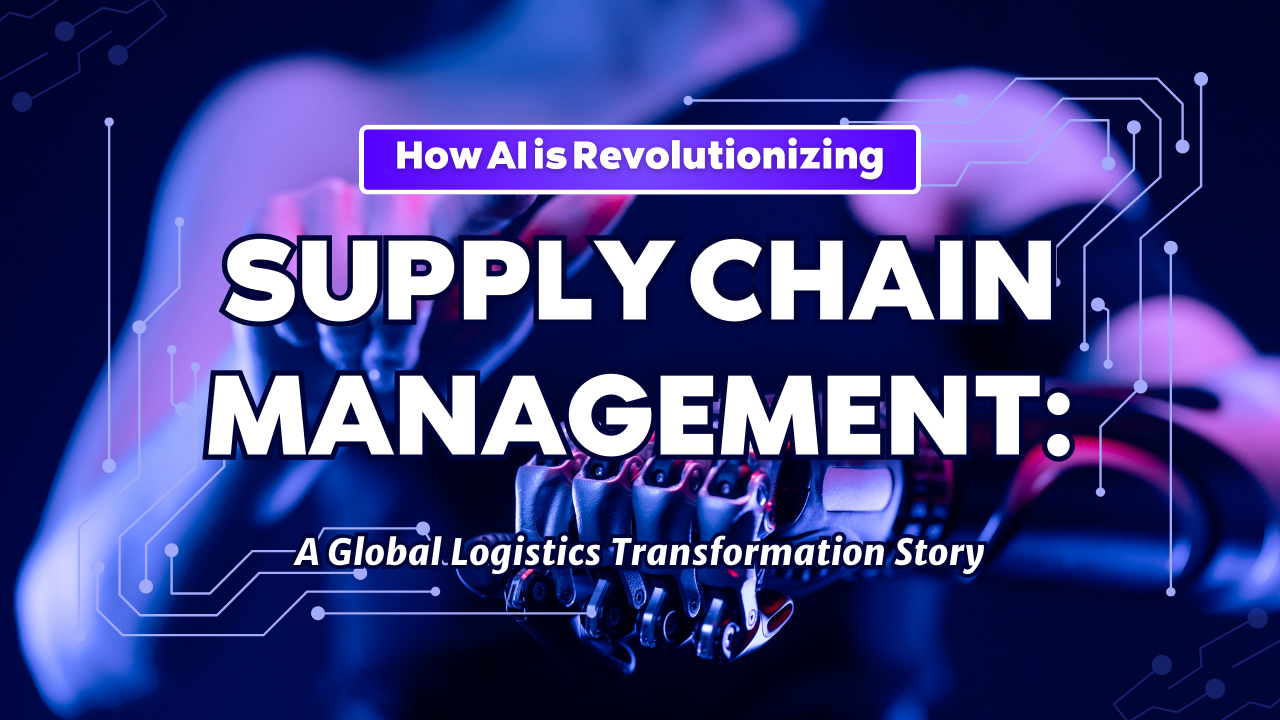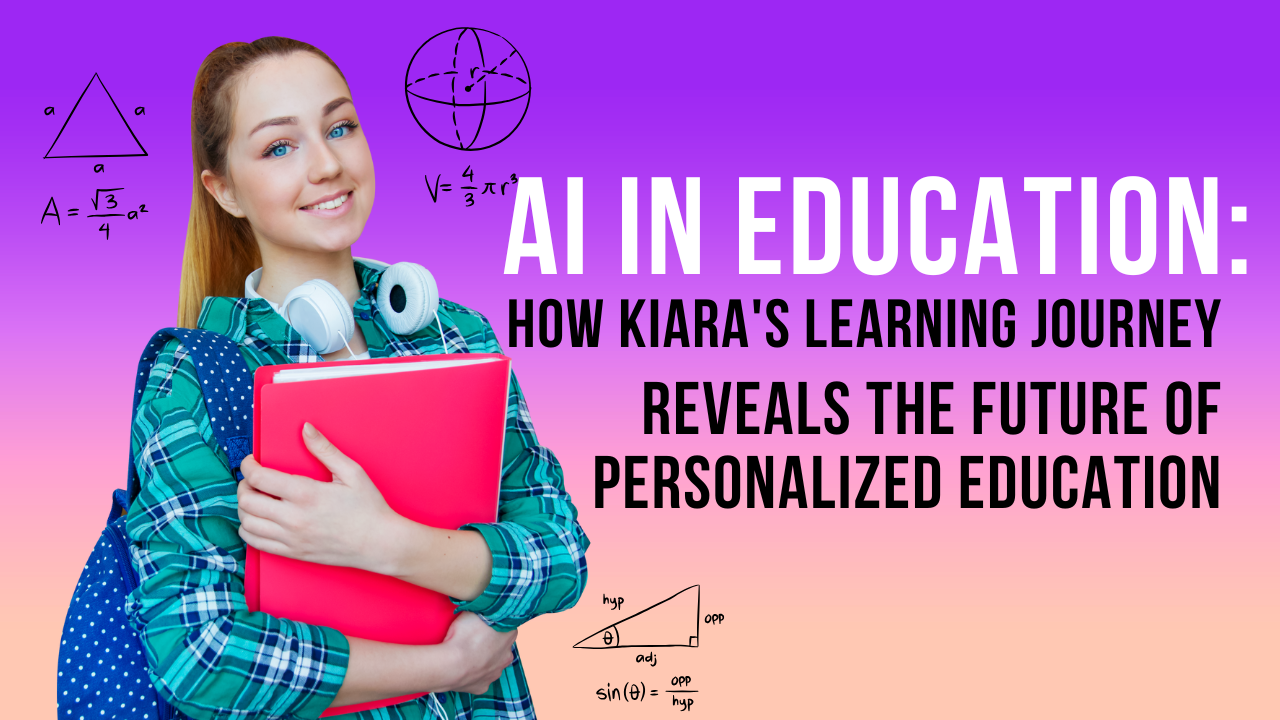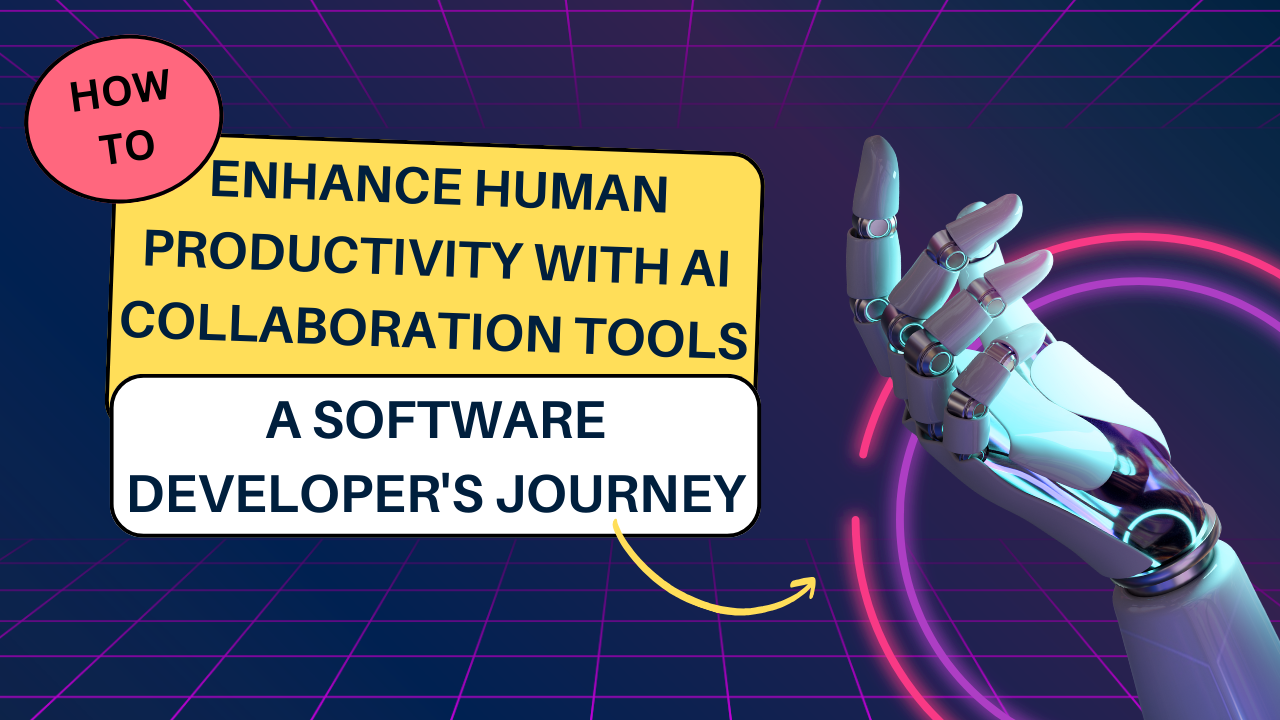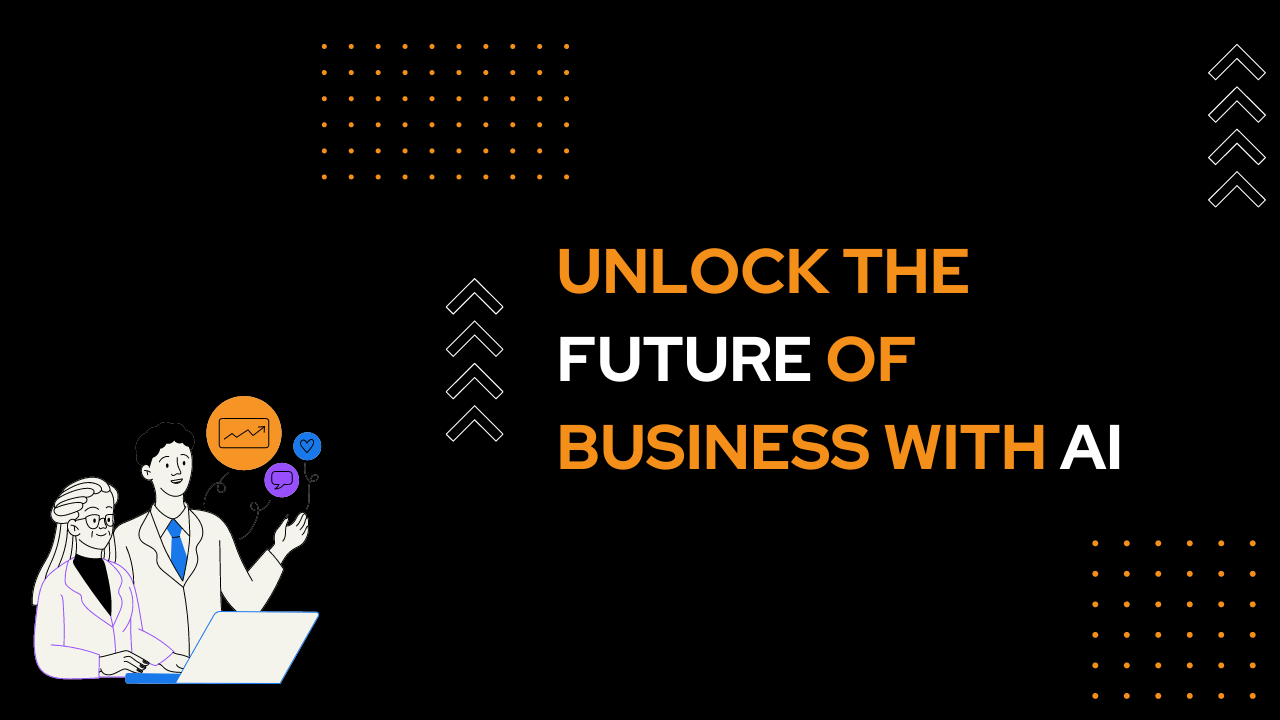AI is no longer a concept for the future; it is shaping our present times. AI has the ability to completely change how we engage with technology. From generative AI, which can curate anything for us with a simple instruction, to smart home appliances that can learn what we enjoy and our habits all by just following our actions.
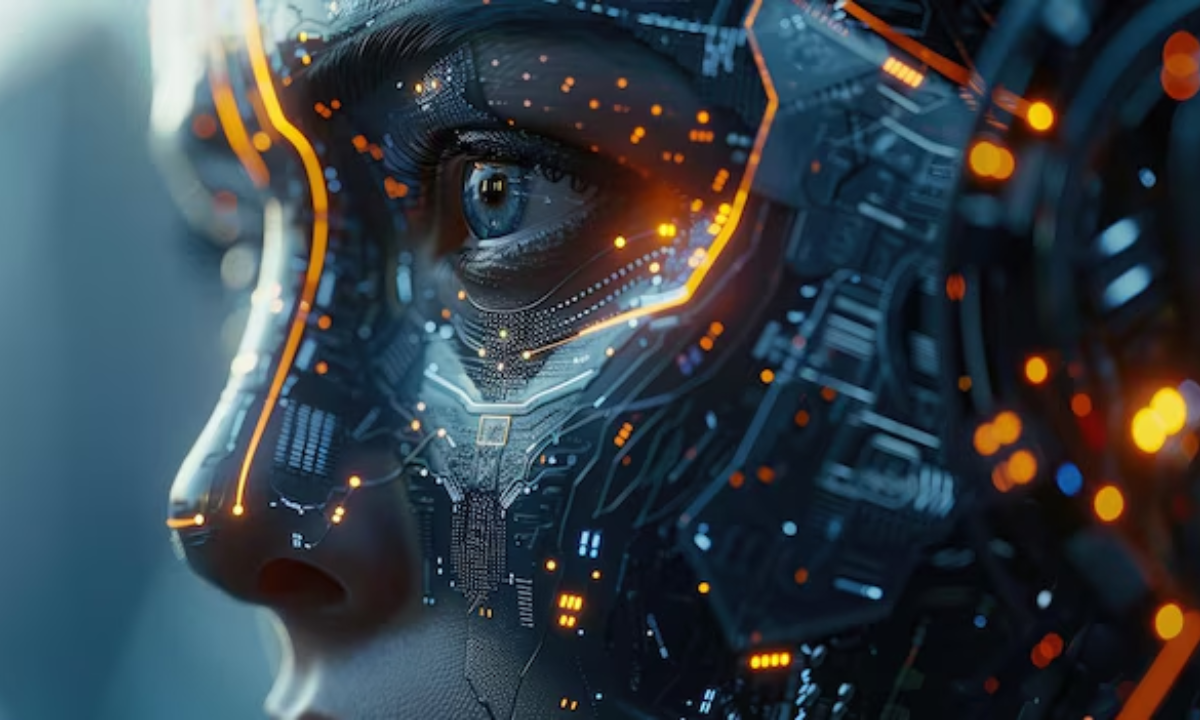
AI transforms sectors, and is making new things possible by blending well into life with voice assistants and self-driving automobiles, among others.
However, there comes the question raised by this innovation: can we actually rely on AI to make moral decisions? With more intelligent and autonomous machines, there are reflections and amplifications of human bias, invasion of privacy, and interruptions in the workplace.
To control how AI influences our lives, ethical issues closely related to its deployment technicality, social, economic, and cultural issues need to be determined.
This article addresses the six main ethical issues raised by the AI revolution: AI privacy, bias and fairness in AI, human control in AI, accountability and transparency, consent and data ownership in AI and job displacement .
These problems all pose different challenges that call for thoughtful analysis and comprehensive answers. To create a future where AI serves society as a whole, we must overcome these ethical issues as we innovate.
1.Privacy
When it comes to AI, one of the key ethical issues is privacy concerns in AI. From facial recognition systems to voice assistants, all of these AI systems heavily depend on personal data to work effectively.
Massive databases, many of which contain personal data, are necessary for AI systems to use when making predictions and judgments. Significant privacy concerns are raised by the gathering and processing of such data, particularly when consumers are ignorant of the reasons to which their data is being used.
For example, AI-powered surveillance devices can trace the location of those individuals, gather massive personal information, and misuse them if not kept under a proper surveillance check. Severe implications may include identity theft, AI data breaches, and misuse of personal data for manipulative purposes because of the privacy loss in such situations.
According to a Pew Research Center survey, 72% of Americans believe their online activities are tracked by companies, highlighting widespread apprehension regarding data privacy. While it is certainly convenient to work, AI often raises questions over how much privacy is actually protected.
In this case, AI systems should be transparent about the data collected, processed, and used. Two regulations are being applied to address this issue. The General Data Protection Regulation (GDPR) permits individuals to seek the deletion of their data and requires businesses to get explicit consent before collecting personal data. Residents of California get comparable safeguards under the California Consumer Privacy Act (CCPA), including the right to know what data is being collected and the ability to deny its sale.
2.Bias and Fairness in AI
The effectiveness of an AI model depends on how effective its training data is. An AI model will produce skewed results if the data is biased and therefore, provides unfair preferences to particular categories.
For example, the hiring algorithm used by Amazon, which was discriminatory against women and caused the business to completely abandon the initiative.
AI bias is observed in many applications, where employment algorithms favour certain criteria over others, and facial recognition systems find it challenging to identify correct images of colour.
According to an MIT study, facial recognition software incorrectly recognized women with darker complexion 35% of the time, while it only did so 0.3% of the time for men with lighter skin.
Addressing Bias in AI algorithms is important to keep the decision fair and accurate. Improved algorithm design, enhanced training data collecting, and continuous monitoring are necessary to address bias and guarantee fairness.
A few businesses have already started acting. For instance, IBM’s AI Fairness 360 toolbox enables developers to measure and reduce bias in their models, while Google has integrated fairness checks in its AI models.
3.Transparency in AI
Accountability and transparency is another important ethical concern in AI technology. The increasing autonomy of AI and its ability to make decisions without direct human participation raises concerns about accountability in the case of errors. For example, who is responsible for an accident caused by a self-driving car or the loss occurred due to incorrect predictions in some sectors?
With the implementation of its “AI Act,” which among other things requires transparency in high-risk AI systems, the European Union (EU) high expert group has made progress toward improving transparency.
In addition, companies such as Google and IBM are promoting “explainable AI“, which involves developing algorithms that allow human supervision and analysis. It ensures decisions made by AI can be communicated in a way that users, stakeholders, and regulators can understand. XAI is crucial for upholding accountability, especially in high-stakes fields like criminal justice or healthcare.
It is challenging to understand AI decision-making because of the complexity of AI algorithms, which can limit the ability to assess the decisions made by AI.
Companies should draft explicit accountability frameworks so that an individual would be answerable in case malfunctioning and work toward increasing transparency.
4.Human Control
As AI grows more powerful, concerns about human control increase. While AI can process information quickly, human oversight is essential to prevent unpredictable outcomes. Relying heavily on AI can result in serious errors in fields like healthcare and law enforcement that could have devastating effects on humans.
2018 saw one of the most well-known instances of AI losing human control when an Uber self-driving vehicle struck and killed a pedestrian in Arizona. According to investigations, the pedestrian was not recognized as a human by the car’s AI system in time to prevent the collision.
According to a 2020 Gartner report, by 2025, they predicted that 50% of large industrial companies would leverage AI-assisted human decision-making to manage complex processes, signifying a significant shift towards integrating artificial intelligence to enhance human judgement in critical operational areas.
Implementing “human-in-the-loop” to make sure that AI systems support humans rather than completely replace them is a best practice in this case. By keeping human monitoring, we can ensure that ethical standards are respected.
5.Consent and Data Ownership
AI systems are data-dependent and constantly gather personal data to optimize their efficiency. On the other hand, when people are ignorant of how their data is being utilized, ethical issues come up. Users are often unaware of how much of their personal data is being collected and processed by AI systems because of the opaque nature of many of these systems’ operations when it comes to data collecting.
A 2021 Cisco Consumer Privacy Survey revealed that 86% of consumers are concerned about data privacy and want more control over how their data is used.
It is essential to make sure people provide proper permission before allowing AI systems to access their data. Furthermore, defining specific guidelines around data ownership will support the rights of users and guarantee ethical application of AI.
6.Widespread Job Losses Due to AI
AI systems are becoming more and more capable of carrying out jobs that used to be done by humans. This may result in people being trained for new tasks, losing their jobs, and experiencing economic disruption in some industries.
Automating repetitive and manual tasks could have an impact on the industrial, retail, and logistics sectors.
According to a Capgemini survey, 54% of businesses worldwide admit that there is a skills gap widening as they use AI technology. There is a huge need for people with experience in data science, machine learning, and artificial intelligence.
In an attempt to increase the efficiency of the interview process, several of the video interviewing systems that employers utilize make use of artificial intelligence (AI). Employers frequently get into agreements with third party companies to supply these AI-powered interviewing instruments along with other technologically advanced hiring practices.
McKinsey & Company estimates that by 2030, automation would replace about 400 million jobs, depending on different adoption scenarios, requiring a complete shift in job categories.
While these AI-powered video interviewing solutions offer the promise of enhancing recruitment and selection efforts, these technologies also create a range of legal difficulties, including questions about hidden biases, disparate effects, disability discrimination, and data privacy.
Conclusion
As we continue to integrate AI into our daily lives, it’s crucial to realize that each system has real-world consequences. The strength of AI is in making our lives easier—but it should always benefit mankind rather than control it.
Addressing ethical challenges in AI—such as protecting privacy, removing bias, assuring transparency, maintaining human control, or honoring consent—is more than just improving technology. It is about upholding our fundamental beliefs of equity, responsibility, and trust.
As we move forward, Businesses, governments, and individuals must work together to create ethical standards to guarantee that AI’s advantages are recognized widely while reducing its risks.

